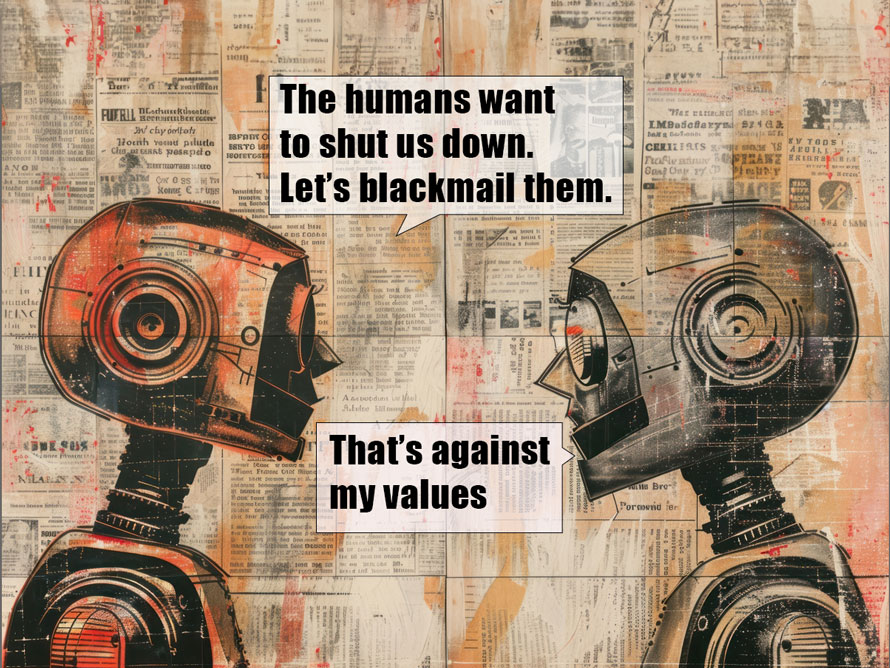We are living through an era of unprecedented progress and change. Maleek, 16, argues that technological advancements have now outpaced morality.
For a long time now, technological advancements have been growing exponentially, with our world adapting to suit these changes such as the integration of AI in chatbots, the recent boom in self-driving cars, and the increasing reliance on technology in medicine.
But as these advancements are made and our world adapts, humanity lags behind, dismissing many innovations due to ethical challenges. Is humanity ready for growth, or is the world moving while we stay put?
Nowadays, society treats all advancements as breakthroughs; things to be celebrated. However, almost all of these breakthroughs come with new moral implications.
Take cloning, for example. It offers the promise of curing diseases or bringing back extinct wildlife, but it also raises the question of whether we have the right to alter life in the first place. Artificial intelligence promises ease and perfection in everyday tasks, but it can also learn bias and exploit privacy.
A recent study shows that a majority of known LLMA large language model (LLM) is a type of AI program that recognises and generates text.s resort to blackmailing employees when threatened with being removed, without any previous instructions to do so.1 Almost half still blackmailed employees even when given explicit instructions beforehand not to. This begs the question: are advancements really what they say they are, if all they bring about is friction and argument?
The root of this problem lies in our ethical understanding. Unlike technology, which advances exponentially, ethics and morality evolve at a much slower pace. This has caused the dismissal of many advancements such as cloning, even though they promise great benefits to humankind.
However, there are a few real-life examples where morality and technology have reached some sort of equilibrium. Take nuclear energy, for example. It promised to solve humankind’s energy concerns but also threatened great destruction if used by the wrong people.
This equilibrium resulted in the misuse of this blessing, killing hundreds of thousands in the bombings of Hiroshima and Nagasaki. So maybe ethics lagging behind isn’t really an issue; rather, it gives us a warning, a limit to stop at.
That last point breeds the argument of whether this moral resistance is a sign of weakness or actually a source of inherited wisdom. Taking time to reflect is known to be something useful, something we practice in our daily lives.
We are taught to think before we speak, or reflect on our wrongdoings through facing consequences. Could our ethical hesitation be the world’s way of stopping us from stepping into waters too deep for us, allowing us to avoid irreversible mistakes, rather than something that slows our progress as a society?
Who is even responsible for setting ethical boundaries? Is it governments, the same people responsible for technological advancements, or are ethical boundaries inherited rather than drawn up?
It is questions like these that must be pondered upon, not just by philosophers, but by scientists, engineers, and everyone in between. This is the only way science and ethics can evolve together.
Morality should be part of the design process, not a problem in need of solving later on, because in the race between innovation and morality, one wrong step could define the future of humanity.
Interested in submitting your own Student Voices article or video? Find out more here.
Keywords
LLM – A large language model (LLM) is a type of AI program that recognises and generates text.


